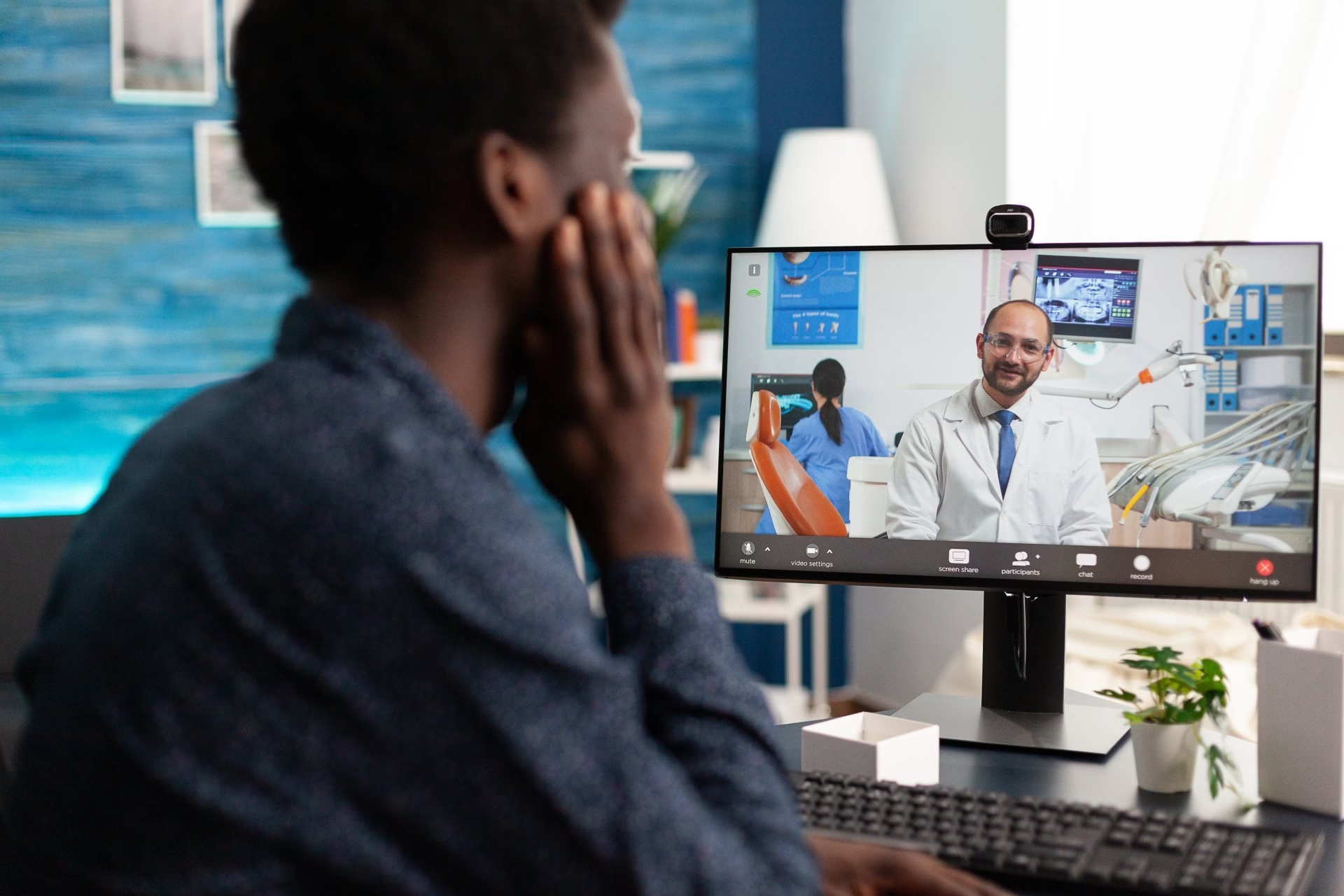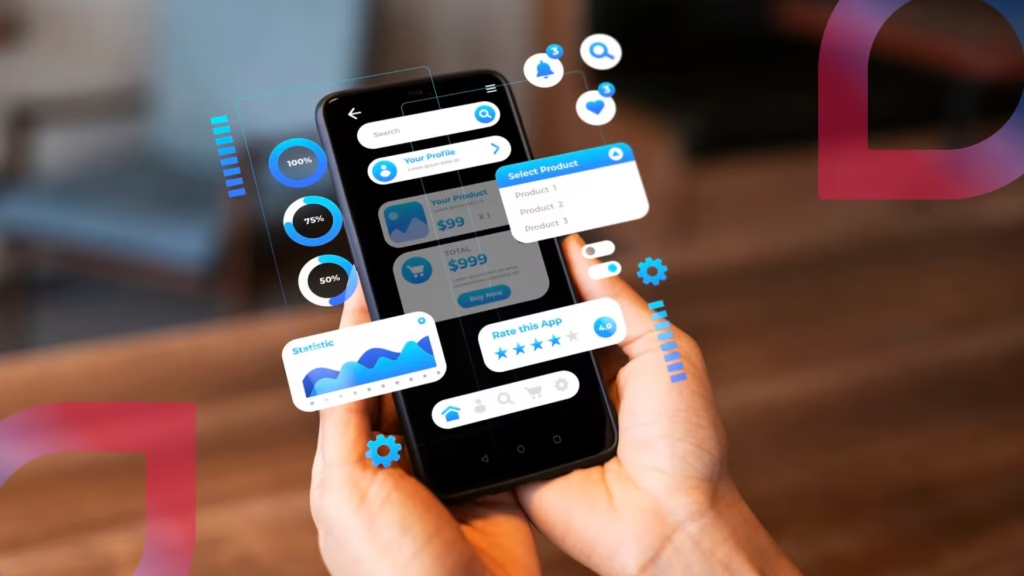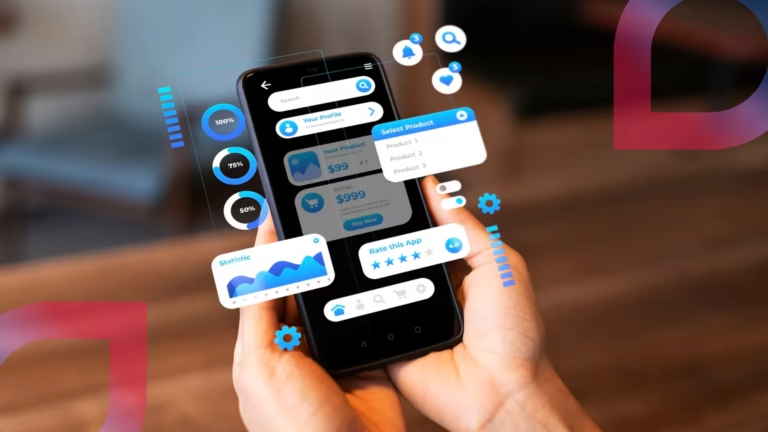
Introduction to Healthcare Mobile Applications
Healthcare mobile applications, commonly referred to as health apps, are software programs designed to support and improve personal health management and the delivery of healthcare services. These applications can be accessed via smartphones, tablets, and other mobile devices, with tailored versions available for both Android and iOS platforms. They serve a multitude of purposes, including but not limited to, tracking fitness activities, managing medications, monitoring chronic conditions, and facilitating communication between patients and healthcare providers.
As technology continues to advance, the reliance on mobile applications in the healthcare sector has become increasingly prominent. They enable patients to take an active role in monitoring their health, empowering them with data and actionable insights. Integration with wearable devices is a growing trend, allowing real-time health monitoring and reporting. Furthermore, healthcare providers leverage mobile apps to streamline workflow, make informed decisions, and enhance patient engagement.
Recent statistics highlight the significant usage of mobile health applications. According to reports, the global mHealth market is expected to witness substantial growth, with millions of downloads annually across various healthcare applications. A large percentage of smartphone users have at least one health-related app installed, reflecting the consumer shift towards mobile technology for health management. This growing acceptance is largely driven by the convenience and accessibility that mobile apps provide, as well as the ongoing digital transformation in the healthcare ecosystem.
In summary, healthcare mobile applications are transforming how patients and providers interact, with features designed to improve health outcomes and facilitate better communication. As the industry continues to evolve, these applications are likely to play an even greater role in the future of healthcare.
Key Features of Healthcare Mobile Applications
Healthcare mobile applications play a significant role in enhancing patient engagement and health management. A comprehensive understanding of their key features can facilitate better outcomes for patients and providers alike. One of the primary functionalities present in these applications is appointment scheduling. This feature allows users to book, modify, or cancel appointments seamlessly, which not only saves time but also minimizes no-show rates, thus optimizing healthcare delivery.
Another crucial aspect is telemedicine capabilities. This function enables patients to consult healthcare professionals remotely, particularly vital in regions with limited access to healthcare services. Utilizing video conferencing, voice calls, and messaging options, these apps provide an efficient platform for real-time health consultations from the comfort of home.
Medication tracking is also an essential feature in healthcare mobile apps. It aids patients in adhering to their prescribed medication regimens by providing reminders and dosage information. This functionality can greatly reduce incidences of medication non-compliance, ensuring that individuals take their medications as directed, which contributes to overall health improvement.
Patient education is another critical feature. Healthcare apps often contain resources such as articles, videos, and quizzes that equip patients with knowledge about their conditions, treatment options, and healthy living practices. This educational component fosters informed decision-making and encourages proactive health management.
Secure messaging is an important function, allowing for private communication between patients and healthcare providers. It encourages open and transparent dialogue, helping to address concerns and queries efficiently. Lastly, integration with wearable devices is becoming increasingly popular, as it allows for real-time tracking of health metrics, such as heart rate and activity levels. This integration provides useful insights into patient health, enabling timely interventions when necessary.
Regulations and Compliance in Healthcare Apps
The regulatory landscape governing healthcare mobile applications is complex and critical to ensuring the protection of patient data and privacy. Prominent regulations such as the Health Insurance Portability and Accountability Act (HIPAA) in the United States and the General Data Protection Regulation (GDPR) in Europe lay the foundation for how healthcare apps must operate. Compliance with these regulations is not merely a suggestion; it is a legal requirement that safeguards sensitive patient information against unauthorized access and breaches.
HIPAA establishes strict guidelines for the handling of protected health information (PHI), mandating that any healthcare mobile app that stores or transmits such data must implement necessary safeguards. This includes encrypting data, ensuring secure user authentication, and maintaining a robust privacy policy. Likewise, the GDPR presents stringent requirements for data processing, user consent, and the right to data access, applying to any mobile app that serves users within Europe. Non-compliance with these regulations can have serious ramifications, including hefty fines and potential legal actions against app developers and healthcare providers.
It is also essential for mobile app developers to stay informed about local regulations, as many jurisdictions may introduce specific laws tailored to healthcare technology. For instance, certain states in the U.S. may have additional laws that further regulate patient data security. Therefore, app developers must conduct thorough research and possibly consult legal experts to ensure their healthcare apps align with all applicable guidelines.
Compliance is not solely the responsibility of app developers; healthcare providers and end-users also play a vital role. Providers must select mobile applications that meet regulatory standards, while users must be vigilant in understanding how their data is managed. In the evolving field of health tech, adherence to regulations is paramount in fostering trust and maintaining the integrity of healthcare services.
Future Trends in Healthcare Mobile Applications
The landscape of healthcare mobile applications is poised for transformative advancements as technology continues to evolve. One of the most prominent trends in this space is the integration of artificial intelligence (AI) and machine learning. These technologies are enhancing the capabilities of healthcare mobile apps by enabling more accurate diagnostics, personalized treatment plans, and improved patient monitoring. For instance, AI algorithms can analyze vast amounts of health data to predict possible health issues before they arise, thereby facilitating proactive care.
Another burgeoning trend is the incorporation of blockchain technology within healthcare mobile applications. This innovation addresses mounting concerns regarding data security and patient privacy. By utilizing blockchain, healthcare providers can create secure, immutable records of patient data, ensuring that sensitive information is accessed only by authorized users. This not only fortifies data integrity but also fosters trust between patients and healthcare providers.
Personalization is increasingly becoming a key aspect of healthcare mobile apps. As users demand more tailored experiences, applications are evolving to provide customized health insights and recommendations based on individual user data. Predictive analytics, powered by advanced data analysis, allows these apps to offer insights that can lead to improved health outcomes and enhanced user engagement.
Furthermore, the rise of mental health apps is a significant trend worth noting. These applications provide users with tools and resources to manage their mental well-being. Features such as mood tracking, meditation exercises, and virtual counseling have gained popularity, reflecting a growing acknowledgment of mental health’s importance in overall well-being.
As we look ahead, the integration of AI, blockchain, and a focus on personalization and mental health will significantly reshape the healthcare mobile app industry. These trends are expected to enhance patient care, improve health outcomes, and elevate user experiences, solidifying the role of technology in modern healthcare.








